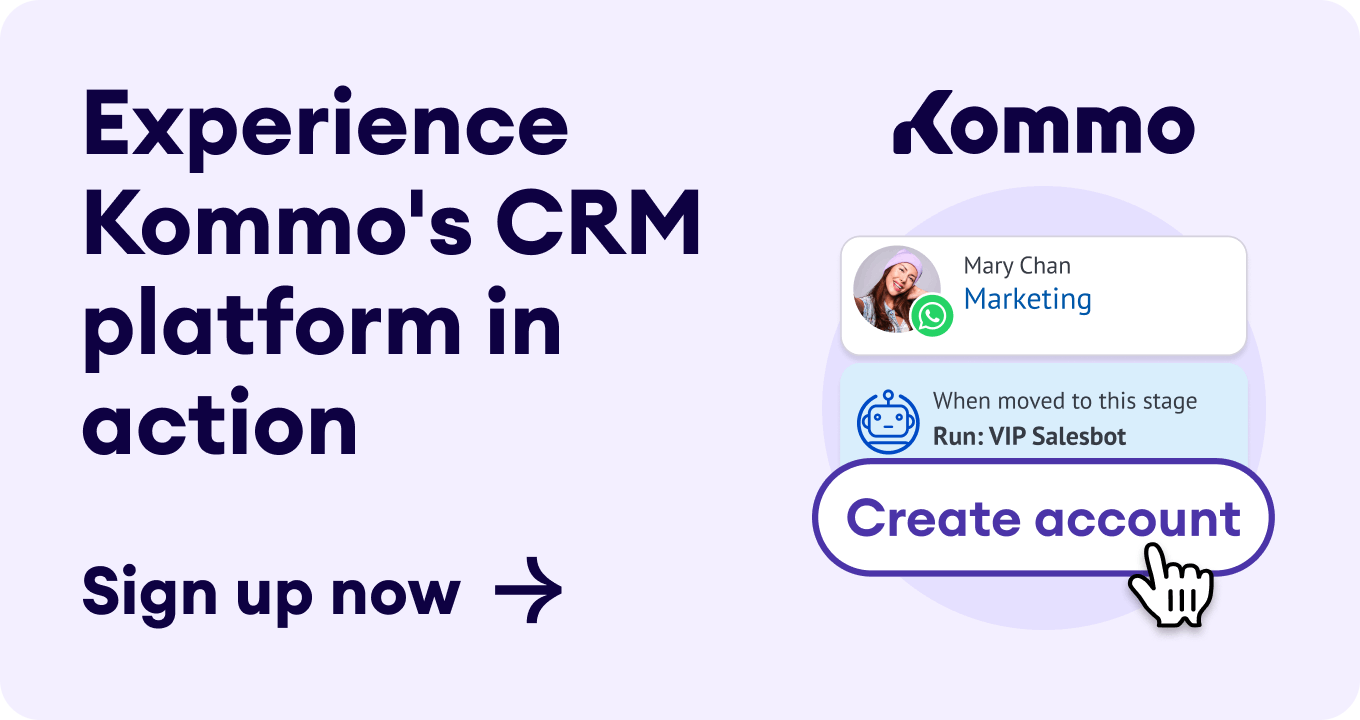An added benefit to being where your customers are is that it facilitates direct and real-time communication between you and your potential buyers, a crucial aspect of both B2B and B2C companies. According to Shane Barker, an accomplished digital marketing consultant who uses chatbots on his personal website, today’s customers expect speedy resolution of their problems and they don’t want to wait for a response after filling out a contact form on a company’s website. He believes this is why direct messaging on social media and real-time problem solving using chatbots are becoming so popular.
Sam Hurley, one of the world’s most influential digital marketers, thinks a Messenger-Based Sales approach presents a huge opportunity for salespeople and business owners. For example, “Messenger apps can be used to direct and support online shoppers in their purchase decisions, answer their queries and prompt them to buy — even upsell and cross-sell to them in real-time!”
A closer look at a Messenger-Based Sales approach reveals even more benefits. For example, Dan explains that it is actually beneficial to both parties: companies receive customers’ complaints and inquiries via a private channel, both companies and customers have access to the chat history from any device, and all communication is asynchronous.






